The below ran as an Edmonton Journal op-ed, Sept. 24, 2020
From Volkswagen to bratwurst, Oktoberfest to Einstein, Germany has given the world some pretty great things over the years. There’s no doubt the prosperous republic has been – and continues to be – a global leader in many areas. But above good vehicles, great food and pioneering minds, Germany has also perfected a vocational training system that has brought opportunities and success to the nation’s youth, its economy and businesses alike. A model that could serve Alberta well in these trying times.
In 2014, I had the pleasure of visiting Germany to learn more about the regulated dual training model firsthand as a delegate from Canada’s Building Trades Unions, alongside several leaders in business and government.
Germany’s system works by combining classroom education with hands-on instruction from business and industry. It was cemented in the country’s Vocational Training Act more than 50 years ago and involves collaboration between trade unions, employers and government.
This tripartite alliance works to ensure formal education and training for more than 300 professions are standardized throughout Germany, and evolving guidelines and training specifications for each occupation are structured using the expertise of both unions and industry. Employers are especially fond of this because they know what specific skills each qualified worker will bring to their organizations.
Additionally, each party helps in responding to job-related innovations and technologies that bloom and impact the way work gets done – from automation in manufacturing to exoskeletons in construction.
This ensures skill development is both timely and modernized accordingly and cooperatively, which helps the nation remain competitive in global markets and boosts demand domestically and internationally for German services and products.
This, in turn, has shaped a very skilled workforce, a relatively stable German economy and low unemployment among young Germans.
Unfortunately, the opposite currently rings true in Alberta.
A Statistics Canada labour force survey released in December 2019 – before COVID-19 – placed Alberta’s unemployment rate at seven per cent, above the national average of 5.6 per cent, with youth unemployment rising to 14.7 per cent from 10.8 per cent. The agency also reported Alberta’s economy contracted by 0.6 per cent in 2019.
Moreover, for years industry experts from labour to contractors, owners to governments, have warned of a looming shortage of skilled workers due to ballooning retirements over the next decade or so, especially in the construction sector. According to BuildForce Canada’s 2019 Construction and Maintenance Outlook report, retirements in the skilled trades are projected to vastly exceed the number of young workers entering them.
Figures from The Educational Partnership Foundation, which runs a German-style trades career program BTA and several affiliated unions invest in, reveal Alberta will be short approximately 45,000 skilled-trades workers by 2025.
These griefs have plagued the province now for some time, and while many ideologies on how to best tackle them have popped up, the Building Trades of Alberta feels focus on stakeholder partnerships, skills training and job creation are the pillars of success needed to help mend our province’s financial pains. Pillars that are found in the German-style vocational training model.
So, while there are more than a few paths politicians and others have laid out to help jump start Alberta’s economic recovery, the government would be wise to develop a strategy to foster and expand the German system throughout Alberta. This proven method could do wonders to satisfy the requirements needed to nourish a once mighty provincial economy back to health.
Terry Parker
Executive Director, Building Trades of Alberta

